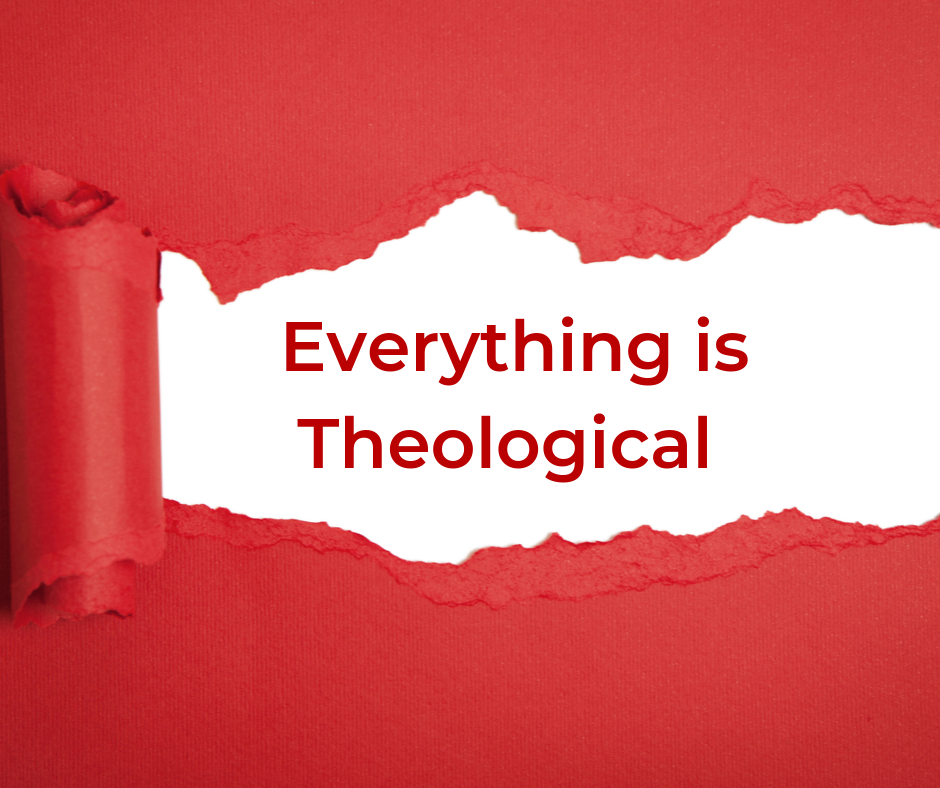When a child, or any learner, is confronted with new information that she does not already know, she must do something with it in order to make it fit into her already existing body of knowledge. How she makes it fit determines whether the new information actually gives her a better and truer understanding of the concept.
Think of it this way: Her existing body of knowledge is like a filing cabinet with multiple drawers full of file folders. Those folders represent different categories of information that are arranged in some manner by the learner. When she receives a new piece of information, in order to include it into her body of knowledge, she has to do something with it. One option is to file it in an existing folder/category in which it logically fits. In this case, the information adds to a growing and coherent body of knowledge.
Take, for instance, when she learns how to add single digit numbers. If she already knows how to combine sets of objects into a single larger set, she can file this new information into that existing category.
Sometimes, though, the new information does not logically fit into an existing folder. The categories that exist are insufficient to hold it. So a second option exists--to place the new files of information into an existing folder even though it doesn't make sense there. This will ultimately lead to a dissonance that the learner is unable to resolve.
If she does not already understand the category of combining sets of objects, single digit addition will be filed in some other category and be very difficult to understand.
But a third option exists, and that is to create a new category, or somehow reconfigure the existing categories, so that the new information logically fits within it and she places it in that new folder. Sometimes, the entire filing cabinet needs re-categorized in order for the new information to fit logically.
This creation and organization of new categories is a vital function of learning. If a learner is not able to create and organize her file folders of categories, her learning will be disjointed and incoherent. Even worse, if her categories do not match reality, even the true things that she learns will never be properly accessible because they will be misfiled and unusable.
Suppose our little student has a drawer labeled "Meaning and Purpose" and a folder or category in that drawer titled "Self-Gratification." Part of her schoolwork is to read The Lion, the Witch and the Wardrobe. Until she reorganizes her drawer with a new folder or category of "Self-Sacrifice," her understanding of Aslan's action will be shallow and stilted. She will never be able to make full meaning of the text, let alone apply it to her life.
As a Christian, T.S. Eliot knew the important function that education had in the formation of categories in a student's mind. He wrote, "The purpose of a Christian education would not be merely to make men and women pious Christians. A Christian education must primarily teach people to think in Christian categories."
These "Christian categories" form a narrative, a story about students' learning that gives it a coherent meaning. In many ways, they stand in direct opposition to the narrative that other storytellers are giving them. As noted in the post "Everything is Theological," all teachers have such a foundational narrative. As Christians, we believe in the imperative that our story be grounded in the reality of God's Word. An education based on any other story is inadequate and can never fulfill the purpose that learning is meant to have in the life of the student.
/Logos/Horizontal%20Academic%20Logo%20for%20Light%20Backgrounds.png)
/Logos/Horizontal%20Academic%20Logo%20for%20Dark%20Backgrounds.png)



